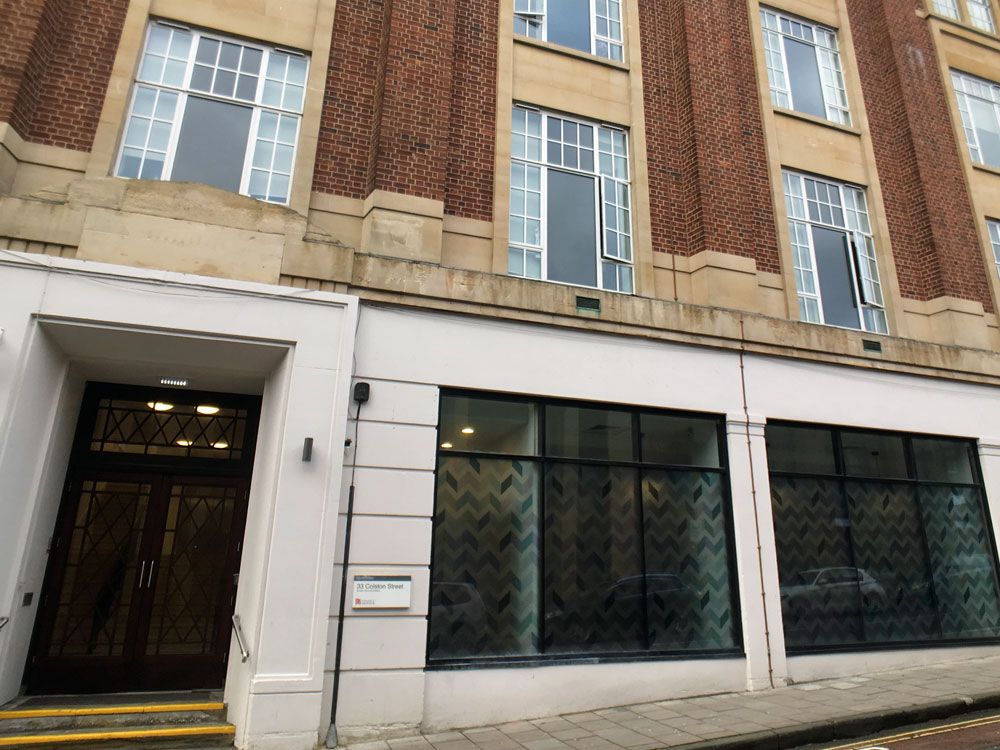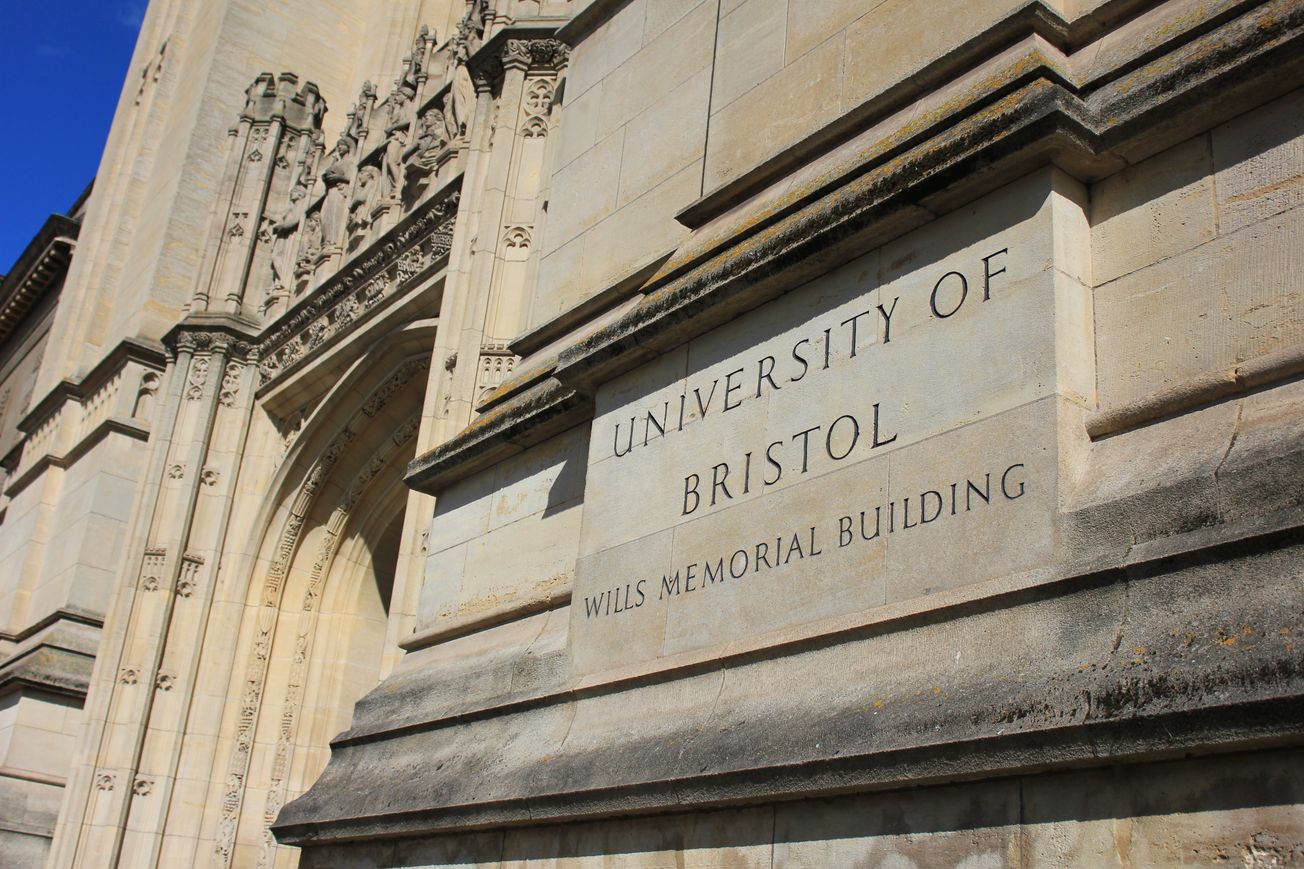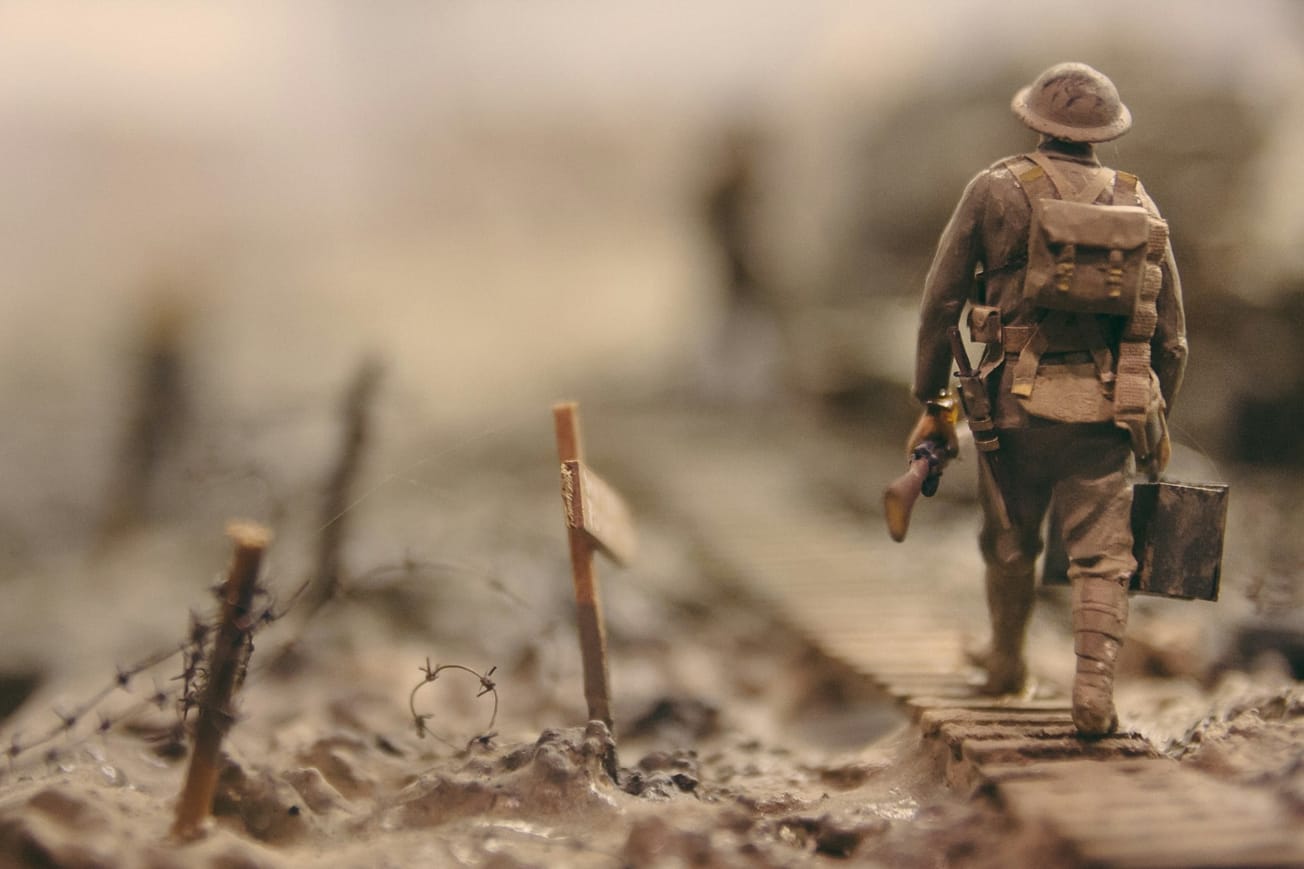By Lowri Lewis, Opinion Columnist
It shouldn’t have taken brute force to remove the statue of Bristol’s most prominent slave trader. It’s not surprising that that’s how it happened, though.
The campaign for Edward Colston to be removed from his (literal and metaphorical) pedestal in our city centre is decades old; the question on everyone’s lips since it fell is ‘why did it take so long?’ The city’s previous inaction suggests they thought Bristol’s statues and street names educate us about our past rather than glorify the horrific way that Bristol made its wealth.
Thankfully, a new commission set up by Bristol Mayor Marvin Rees is going to question this belief, and will hopefully conclude that figures who earned their fortunes from the slave trade should have their names erased from our streets. Not from history – from our streets.
It’s true, there are people claiming that action like this would be an erasure of Bristol’s history. But there’s a reason that cities don’t build statues of, or name their streets after, tyrants anymore. Our values move on, but statues such as Colston’s memorialise those whose actions we now deem abhorrent.
That’s the ‘C’ removed on the soon-to-be renamed Colston Tower. pic.twitter.com/qK9rebUNdO
— Martin Booth (@beardedjourno) June 11, 2020
If their purpose was really to remind us of our history, then monuments of slave traders would still be in construction all over the UK. And if the issue was actually about remembering our past, then the same people arguing for the statues to stay would be demanding that Bristol’s involvement in the slave trade be taught in schools. Somehow, I just don’t think that’s crossed their minds.
We need to start celebrating Black Bristolian people rather than Bristolian slave traders on the streets of Bristol. As Uni students, perhaps the place we could start with is the Wills building. It’s often used as a symbol of the Uni itself, but it also symbolises the university’s historical reluctance to condemn the origins of their wealth. Wills gained his position as the first chancellor by financing the Uni with profits he made from the slave trade.
New commission exploring Bristol's past to include UoB academics
Naming a building after him does not increase awareness of this fact. Likewise, the Colston Street University Accommodation does nothing to educate us. Instead, for the students living there, including BAME and international students, it rings out with a name that’s linked to an appalling past.
Whose names should we replace them with, then? There’s already a petition to replace Colston with a statue of Paul Stephenson, leader of the 1963 Bristol Bus Boycott – I think he’d be the perfect candidate for the Wills building, too. The actions of the civil rights campaigner paved the way for the Race Relations Act of 1965 – a feat that’s worthy of commendation. And perhaps the Colston Street accommodation could instead honour Princess Campbell, who became the UK’s first Black ward sister in 1962. She pushed past incredible barriers to get where she did, and didn’t stop there. According to Bristol Museums, she fought against prejudice in the city – in her own profession and in housing – and was a persistent campaigner for disadvantaged communities.

Hyacinth Hall was a campaigner, too. She became Bristol’s first Black headteacher in 1985, and she pushed for better standards of teaching for Black students in the community. Her achievements deserve our rememberance whilst her surname makes her a ready-made replacement in the renaming of Goldney Hall – the student accommodation which is named after yet another investor in the slave trade.
Academics from the University of Bristol will be part of the commission that’s debating whether renaming will happen for the city as a whole, but the Uni shouldn’t wait to get the go-ahead from the council when renaming assets of its own. They should follow the example set by Colston Hall, and take it upon themselves to rid our campus of the names of figures who profited from the slave trade. This is something they recently promised to consider.
Now is the moment to start making lasting change and lead the way for further progress in the city. It would be a huge task to undertake, but the scale of what would have to be done is no excuse for it not to happen. This is an opportunity to show Bristol’s future generations that we value Black Bristolians’ achievements over those of Bristol’s slave traders.
Featured Image: Epigram / Cameron Scheijde / University of Bristol
Do you think University property with names linked to slave traders should be renamed?









